Your bedroom should be a sanctuary of comfort and style, and your duvet cover is at the heart of that experience.
Choosing the right material doesn’t just elevate your bedroom’s aesthetic—it also improves your sleep quality, skin health, and even your mood.
Whether you're looking for a cooling option for Dubai’s warm nights or a luxurious feel to unwind, understanding duvet cover materials is the first step to finding your perfect match.
What Are the Types of Duvet Cover Materials?
Duvet covers come in a variety of materials, each offering unique benefits.
Here’s a breakdown of the most popular duvet cover materials, highlighting their key features and what makes them ideal for different sleepers:
|
Material |
Key Features |
Best For |
Related Product |
|
Cotton |
Breathable, soft, durable |
All-season comfort |
|
|
Linen |
Cooling, textured, eco-friendly |
Hot sleepers, luxury appeal |
|
|
Bamboo |
Hypoallergenic, silky, sustainable |
Sensitive skin, modern aesthetics |
Coming soon! |
|
Silk |
Cooling, smooth, luxurious |
Ultimate indulgence |
N/A |
|
Polyester & Blends |
Wrinkle-resistant, budget-friendly |
Everyday durability |
N/A |
Why Does Duvet Cover Material Matter?
Selecting the right duvet cover material is not just a matter of personal style.
It has a direct impact on your sleep environment, comfort, and overall well-being. Let’s break down why duvet cover material matters:

1. Comfort and Climate Control
Dubai’s unique climate means that choosing breathable and moisture-wicking materials like linen or cotton is crucial for a comfortable night’s sleep.
Natural fibers help regulate body temperature, preventing you from waking up feeling overheated or clammy.
The right duvet cover can help maintain an optimal sleep temperature by allowing for better airflow and moisture management.
2. Health Benefits
Your skin comes into direct contact with your duvet cover for hours each night.
Organic, hypoallergenic materials like cotton or bamboo are ideal for reducing the risk of allergies, irritation, or exposure to harmful chemicals.
Additionally, the antibacterial properties of some materials can promote a healthier sleep environment by keeping your duvet fresh and free of harmful bacteria.
3. Longevity and Maintenance
Investing in high-quality materials ensures your duvet cover retains its beauty and functionality over time.
Durable options like linen and high-thread-count cotton can withstand frequent washing while maintaining their texture and color.
Proper care and maintenance are key to preserving the texture, color, and softness of your duvet cover for years to come, making it a worthwhile investment.
Detailed Breakdown of Duvet Cover Materials
1. Cotton: The Reliable All-Rounder
Cotton is a universal favorite for its versatility and timeless appeal. With its soft texture and breathability, it’s perfect for all seasons.
Key Benefits:
-
-
Breathability: Cotton naturally wicks away moisture, keeping you cool in summer and cozy in winter.
This makes it an excellent option for both warm and cold climates, ensuring you stay comfortable year-round. - Durability: High-quality cotton, such as organic varieties, retains its softness and structure even after repeated washes.
- Hypoallergenic: Cotton is naturally hypoallergenic, making it a great option for those with sensitive skin or allergies.
-
Breathability: Cotton naturally wicks away moisture, keeping you cool in summer and cozy in winter.
Care Tips:
Machine washable; use mild detergent to preserve the fabric’s integrity. Avoid over-drying to prevent shrinkage.
Product Highlight: Try the Classic 300 TC Organic Cotton Duvet Set, available in elegant shades like Ivory and Dune.
2. Linen: The Luxury Choice for Hot Sleepers
Made from European flax, linen is synonymous with understated elegance. It’s perfect for those seeking a premium feel and exceptional cooling properties.
Key Benefits:
-
-
Cooling Comfort: Linen is highly breathable and allows air to flow freely through the fabric, making it an ideal choice for those who tend to overheat at night.
Its natural cooling properties make it the perfect duvet cover material for hot climates like Dubai. - Moisture Management: Linen absorbs and releases moisture quickly, ensuring a fresh sleep surface all night.
- Longevity: Linen becomes softer with every wash, making it an investment that improves over time.
- Eco-Friendly: Linen is made from flax, a sustainable and eco-friendly material. It requires less water and pesticides to grow compared to cotton, making it a greener choice.
-
Cooling Comfort: Linen is highly breathable and allows air to flow freely through the fabric, making it an ideal choice for those who tend to overheat at night.
Care Tips:
Hand wash or use a gentle machine cycle. Air-dry or tumble dry on low to preserve its texture.
Product Highlight: The White 100% Flax Linen Duvet Set offers unparalleled elegance and comfort, perfect for elevating your bedroom.

3. Bamboo: Sustainable Softness
Bamboo is an eco-friendly option that combines luxury with environmental responsibility. Its silky texture and hypoallergenic properties make it a standout choice.
Key Benefits:
-
-
Eco-Friendly: Bamboo is a highly sustainable material that grows quickly without the need for harmful pesticides or fertilizers.
Choosing bamboo bedding helps reduce your environmental footprint. - Silky Smooth Texture: Bamboo duvet covers have a smooth, luxurious feel that rivals even silk. Its soft, silky texture is perfect for those who crave ultimate comfort.
- Temperature Regulation: Keeps you cool and dry by wicking moisture away from the body.
- Hypoallergenic: Bamboo is naturally resistant to allergens, bacteria, and dust mites, making it a great choice for people with sensitive skin or those prone to allergies.
-
Eco-Friendly: Bamboo is a highly sustainable material that grows quickly without the need for harmful pesticides or fertilizers.
Care Tips:
Wash on a gentle cycle with cold water. Avoid bleach or fabric softeners to maintain its natural softness.
4. Silk: The Epitome of Elegance
Silk is a premium choice for those who value ultimate softness and luxury. Its smooth surface feels indulgent while being gentle on the skin.
Key Benefits:
-
- Cooling Properties: Silk naturally helps regulate body temperature, making it a perfect choice for those living in hot climates. It can keep you cool during the summer and warm during the winter.
- Skin-Friendly: Silk reduces friction on your skin and hair, preventing irritation, wrinkles, and even hair breakage. It’s perfect for those with sensitive skin or anyone seeking a beauty-boosting sleep experience.
- Luxurious Aesthetic: Silk adds a touch of luxury to any bedroom. Its glossy surface reflects light, creating a sense of opulence and elegance
Care Tips:
Always hand wash or dry clean silk products to retain their luster and softness.
5. Polyester & Blends: Affordable Durability
Polyester and its blends offer practicality at an accessible price point. These materials are best for households looking for low-maintenance options.
Key Benefits:
- Wrinkle-Resistant: Polyester resists wrinkles and holds its shape, even after washing, making it a great choice for low-maintenance individuals.
- Budget-Friendly: Polyester blends are an affordable alternative to natural fabrics while still offering decent durability and comfort.
- Color Retention: Polyester holds vibrant colors well, even after multiple washes, ensuring your duvet cover remains bright and fresh.
Care Tips: Polyester duvet covers are easy to care for—simply machine wash and tumble dry. Avoid high heat to prevent any damage to the fabric.
How to Choose the Right Duvet Cover Material
For Hot Sleepers:
Linen and bamboo are the best options for hot sleepers due to their exceptional breathability and moisture-wicking properties. They will keep you cool and dry all night long.
For Durability:
If you’re looking for bedding that stands the test of time, choose cotton or polyester blends. These materials are incredibly durable and can withstand frequent washing while maintaining their softness and structure.
For Luxury Aesthetics:
Silk and linen provide a luxurious touch to any bedroom. If you’re looking for premium fabrics that elevate your bedroom’s ambiance, these are the materials to go for.
FAQs About Duvet Cover Materials
1. What is the softest duvet cover material?
Silk is widely regarded as the softest duvet cover material due to its smooth, luxurious texture. It’s followed closely by bamboo, which also has a silky feel, and high-thread-count cotton, which offers a softer experience with added durability.
2. Which material is best for hot sleepers?
For hot sleepers, linen and bamboo are the top choices. Both materials are highly breathable, moisture-wicking, and naturally cool to the touch.
3. How do I maintain linen duvet covers?
Linen requires a bit more care compared to other materials to maintain its softness and texture. It’s best to hand wash or use a gentle machine cycle with cold water.
4. Is cotton good for sensitive skin?
Yes, cotton, especially organic cotton, is an excellent choice for sensitive skin. It is hypoallergenic, gentle, and breathable, making it ideal for people who are prone to allergies or skin irritations.
5. Can I use a silk duvet cover every night?
While silk is luxurious and incredibly comfortable, it requires delicate care. If you're looking to indulge in silk every night, it's essential to take extra precautions. Always hand wash or dry clean your silk duvet covers and avoid using harsh detergents or fabric softeners.
Conclusion
Choosing the perfect duvet cover material is about more than comfort—it’s about creating a sleep environment that supports your health and well-being. Whether you’re drawn to the versatility of cotton, the cooling luxury of linen, or the eco-consciousness of bamboo, there’s a material to suit every preference.
Ready to transform your sleep experience? Explore Raia Home’s collection, including the Classic 300 TC Organic Cotton Duvet Set and White 100% Flax Linen Duvet Set, to find your ideal match.
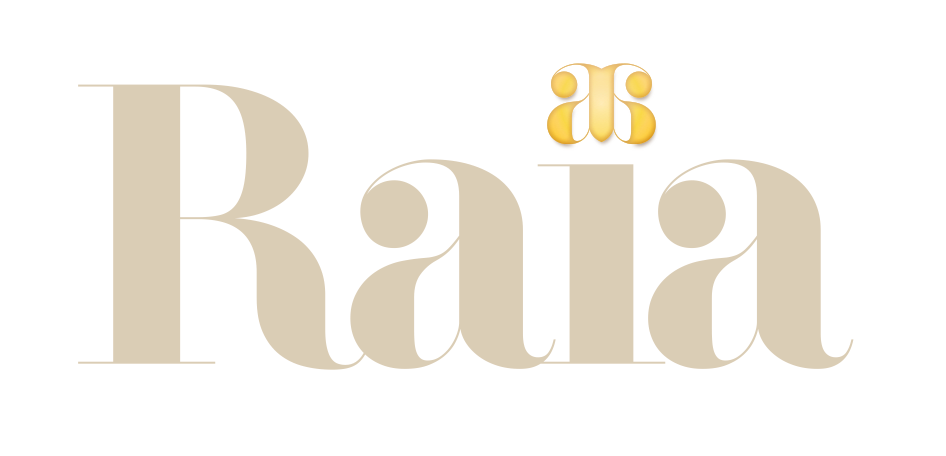
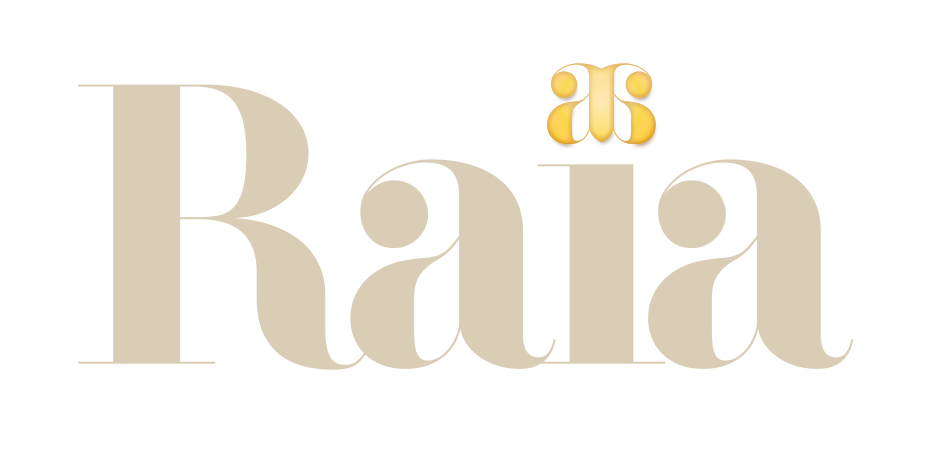
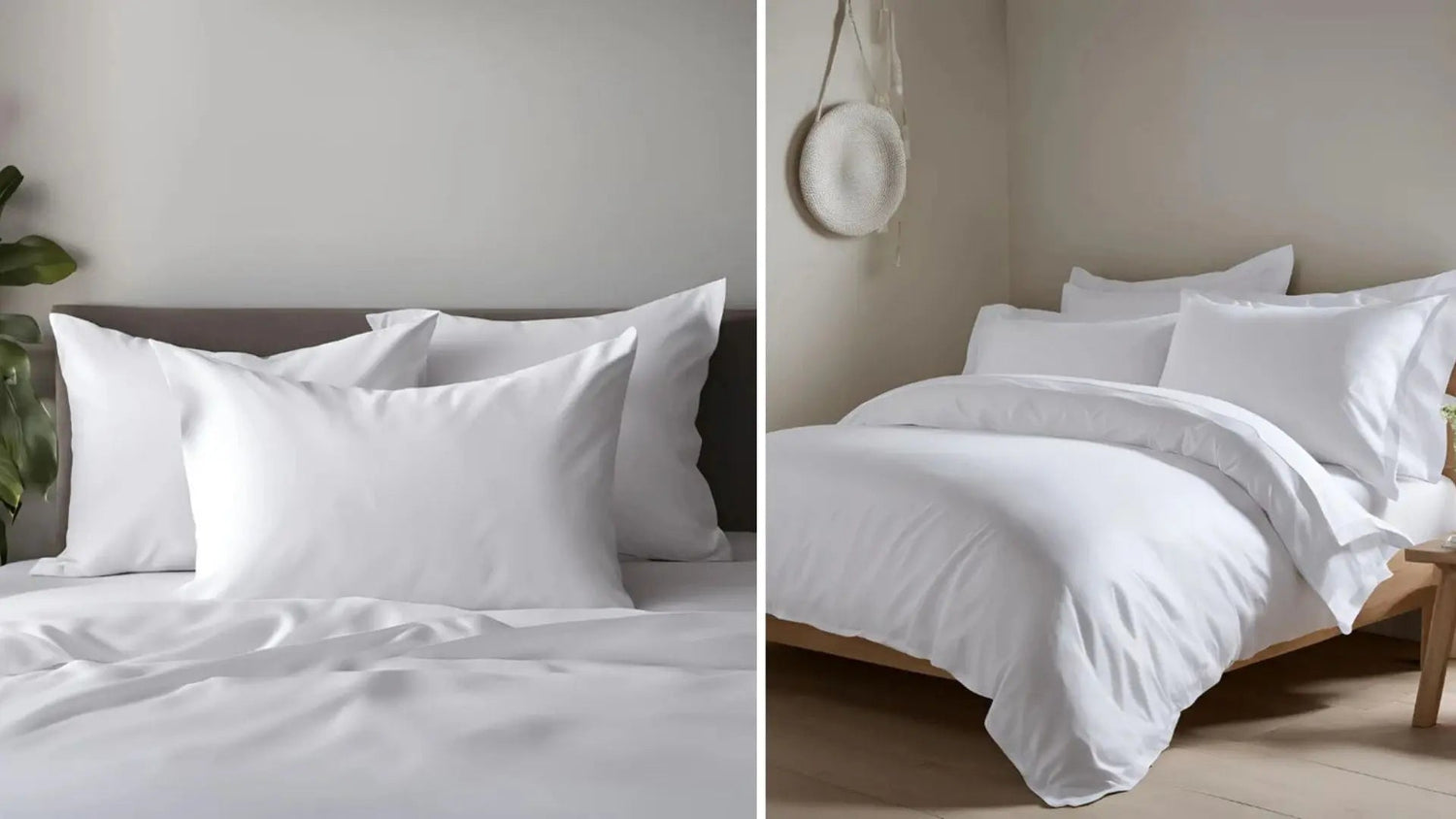
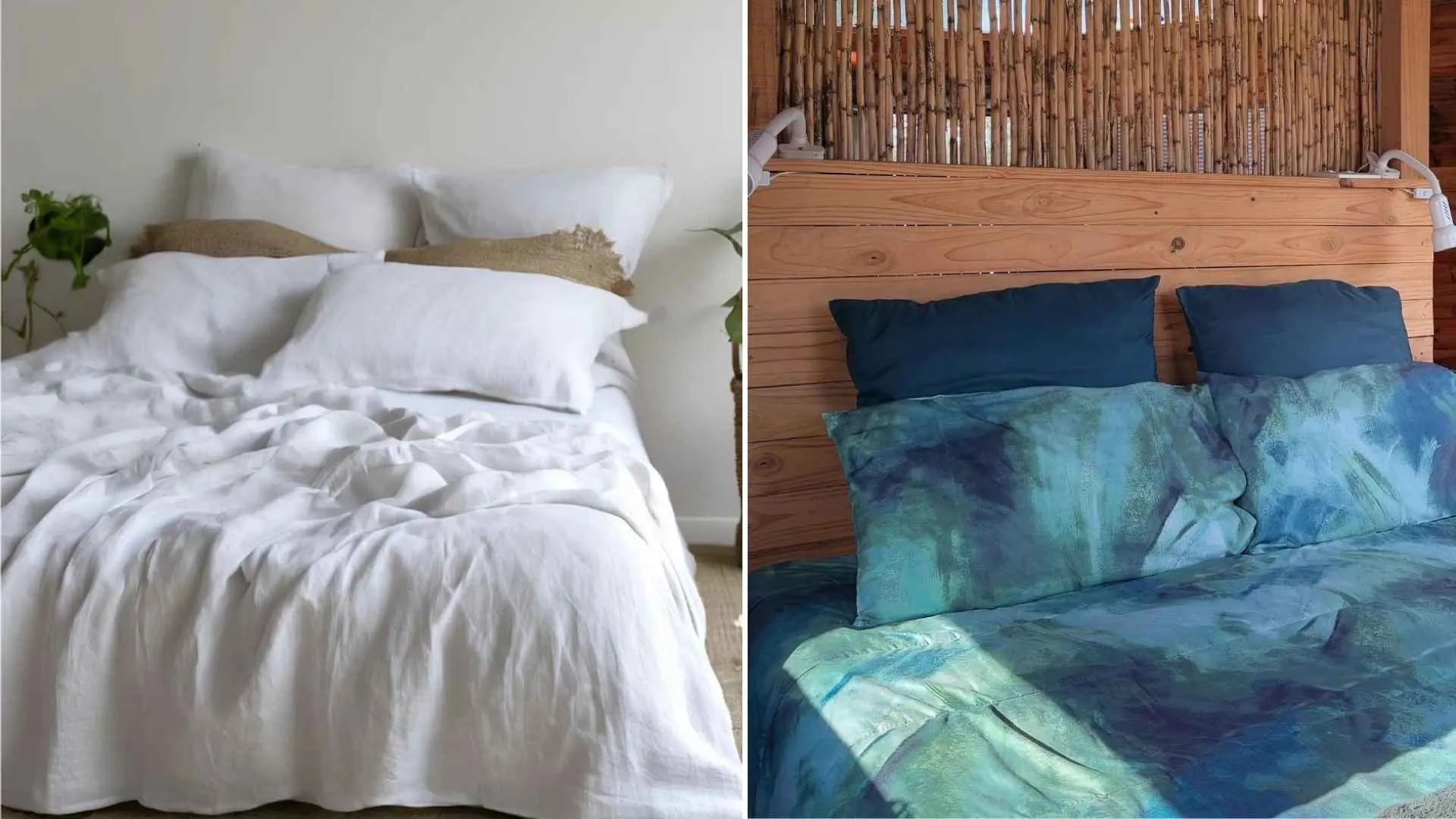
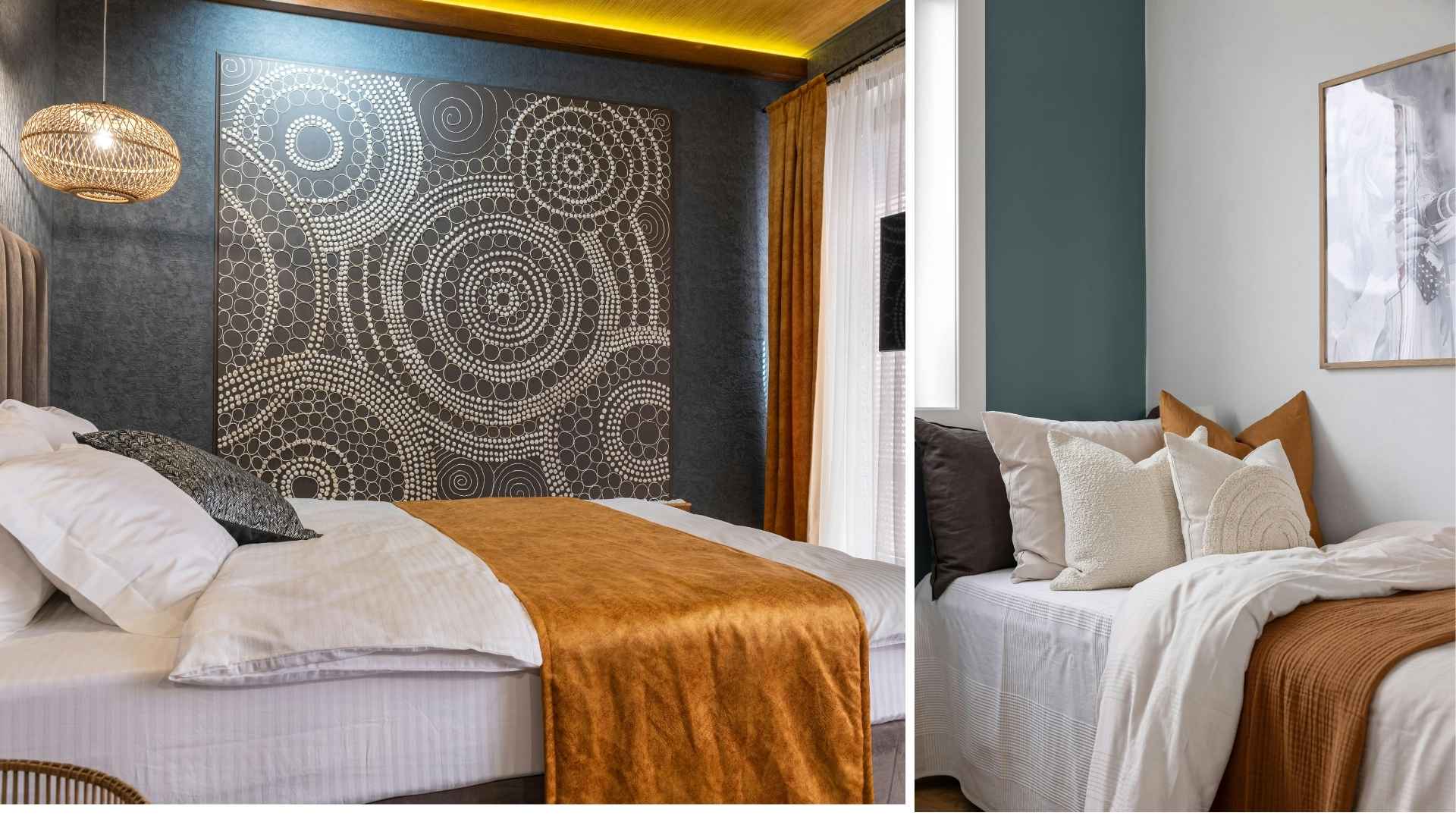

Leave a comment
This site is protected by hCaptcha and the hCaptcha Privacy Policy and Terms of Service apply.